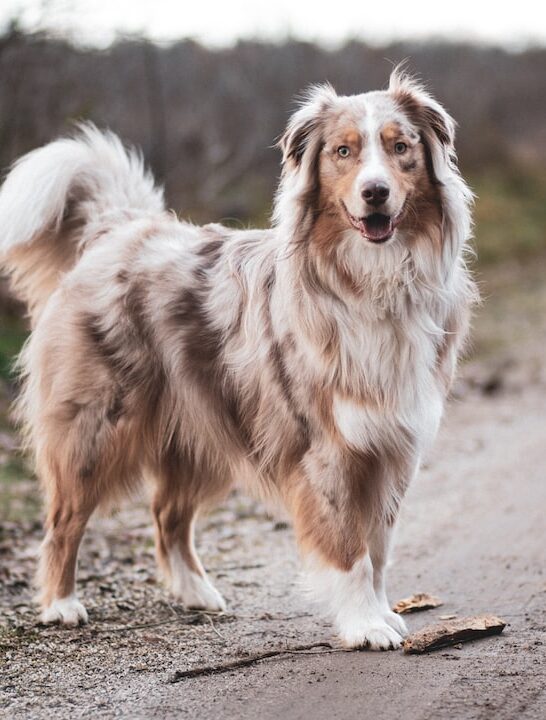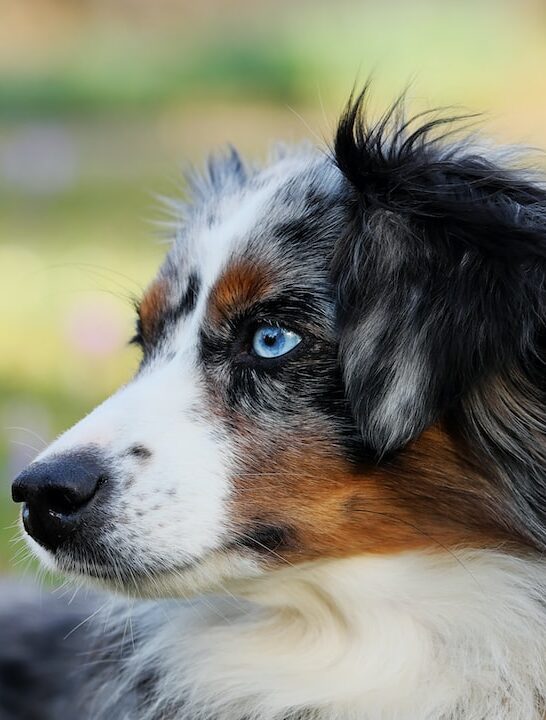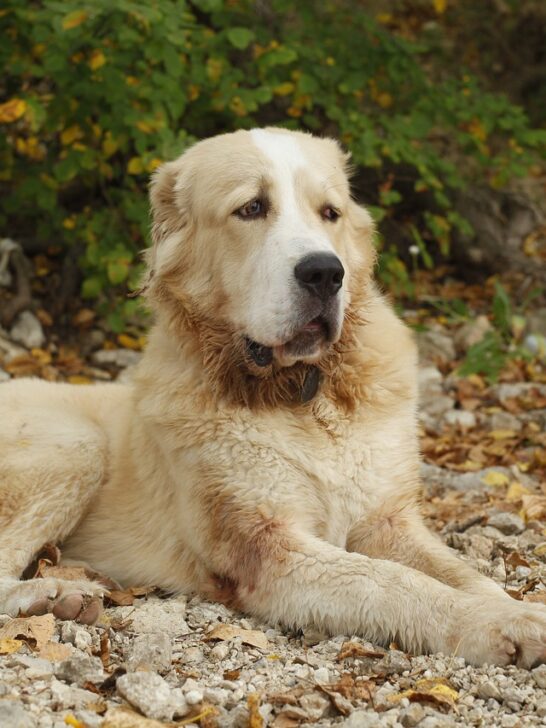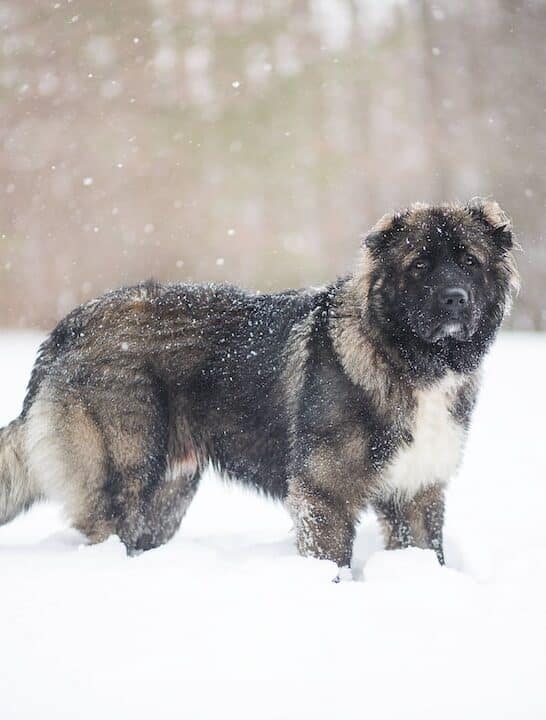The Ultimate Showdown: The German Shepherd Vs The Bulldog
There are 193 recognized breeds of dogs within the American Kennel Club. Two of the most popular are the German Shepherd and the Bulldog.
The two are vastly different in all ways possible.
If you’re considering bringing one of these fur babies into your home, then you need to know everything there is about them.
Here, we will give you the information you need to make an informed decision between the German Shepherd and Bulldog.

Bulldog vs. German Shepherd: Physical Statistics
Bulldog
According to AKC, The bulldog has a medium stature, and they stand anywhere from 12-16 inches tall. A bulldog shouldn’t weigh more than 40-50 pounds as they can quickly become obese.
They often have a corkscrew-shaped tail with short, stubby legs.
Bulldogs look nothing like their English ancestors, which were adapted into the AKC in 1886.
Today’s version has a large head with wobbly skin, a smashed nose, a wrinkled brow, small ears, and a jaw with distinctive hanging chops. There are many color variations, but the most popular is brindle.
The bulldog is a short-haired animal that doesn’t do well outside. They should only be considered as inside pets due to their intolerance of heat.
Bulldogs are considered to be quite stubborn as they do not listen very well to commands. These dogs are therefore considered to be somewhat ‘dumb’ because of their bullheaded behavior.
German Shepherd
The German Shepherd is a tall dog that stands about 22-26 inches. The most common color patterns are tan with a black coat, though there are many other variations available.
They are known for their long neck, bushy tail, and pointed ears.
No weight guidelines have been set for this breed, though some can get over 120 pounds with ease. As medium to large-sized dog, they have two coats that help them adapt to all sorts of climates.
Since this dog came from Germany, it was bred to be part of a herding group. The AKC recognized them in 1889.
German Shepherds are incredibly easy to train and excellent at obeying tasks. They are used as service dogs in search and rescue operations, narcotics and drug pursuits, and cadaver searches.
As working dog, they like to stay busy.
How Are Their Temperaments?
Bulldog
According to DogTemperament, The temperament of a dog is an important consideration when adopting a pet. The “bull” breeds have got a bad rap due to a checkered past.
It’s true that the bulldog was bred for bullfighting, but the stigma has never worn off.
The ancestry of these dogs shouldn’t define their future. Bulldogs are very loyal and loving, and they will stop at nothing to protect their surroundings.
The breeding history is a significant influence on the temperament of each animal, and socialization is a must.
A dog that hasn’t been socialized will see others coming into the home as a threat. The large jowls of this dog pack a powerful bite.
Though not aggressive by nature, they will defend and protect if they are incited.
Many compare a bulldog to that of a rebellious child. They are known to be very stubborn and strong-willed, so it takes a great deal of training and firm discipline to keep them in line.
While their temperament is usually mild, each canine is different, and they can be aggressive. It all depends on the dog’s upbringing, but even raising them right isn’t full proof.
German Shepherd
According to DogTemperament, German Shepherds are very active dogs, and they have an aura of self-assurance about them.
They are eager to please their masters and do their best when they have a purpose or job. Many find that their willingness to learn makes this versatile dog highly trainable.
The overall temperament of the German Shepherd is to protect. Due to their high energy level, they don’t do well in a home where there is little activity.
They need to be walked, get the proper amount of exercise, and have a sense of importance.
Leaving these canines to their own devices can be a recipe for disaster. Putting them in a cage would be like putting an ADHD child in a room with nothing to do.
Keeping plenty of toys and things for them to interact with is essential.
Many describe this breed of dog as antisocial, standoffish, and cautious. Socialization is essential because it will prevent them from being antisocial and careful around unfamiliar people and animals.
Their nature is to be a bit guarded, and their fierce, defense instincts are why they are used for protection in many facets of society.
When it comes to a family dog, the German Shepherd wins out over the bulldog.
Shepherds form bonds with the entire family and love snuggling with the whole brood. Bulldogs tend to be fonder of one person, though they will tolerate everyone.

What is the Lifespan of These Breeds?
Bulldog
According to BetterBully, The lifespan of the bulldog is anywhere from eight to ten years. There are a few cases in history where these dogs made it to 18 years of age, but that is a rare case.
It’s essential to provide proper medical care to extend their life.
It’s a well-known fact that bulldogs have many health problems due to their short, plump stature. The heat is a significant factor for them, and they cannot take it even in small doses.
Their smooshed nose doesn’t allow them to pant enough to cool their bodies.
While exercise is encouraged, it must be done carefully. When these dogs become overly excited, it causes breathing problems.
Their weight must be within a proper range to keep them alive for as long as possible. Lastly, many have drowned because people don’t realize that they cannot swim.
German Shepherd
According to AKC, German Shepherds live a little bit longer than bulldog but not by much. Their average lifespan is about 11 years. Some dogs in this breed have reached 18 years of age.
Again, medical screening is imperative.
The German Shepherd is prone to its share of health issues, so it’s essential to have proper medical care.
Are There Any Health Issues to Be Concerned With?
Bulldog
According to BulldogsWorld, Bulldogs have a significant probability of congenital health problems.
Common issues include bone and joint complications, breathing difficulties, skin infections, eye problems like the cherry eye, and heart disease.
One of the main issues with this breed is chondrodysplasia or abnormal build. Almost 75 percent of these pups develop hip dysplasia, and many veterinarians believe it’s due to their structural defect.
It’s a painful condition that requires surgery.
Another significant issue with this breed is pyoderma or skin infections. The numerous folds of droopy skin cause bacteria to become trapped. These areas must be kept clean and dry to prevent such infections.
Cherry eye is a common issue that seems to plague bullies. It’s sometimes called the third eyelid. Cherry eye is where a gland inside the eye protrudes to the outside.
The membrane must be popped back in and stitched surgically. This condition is most commonly seen in dogs under two years of age.
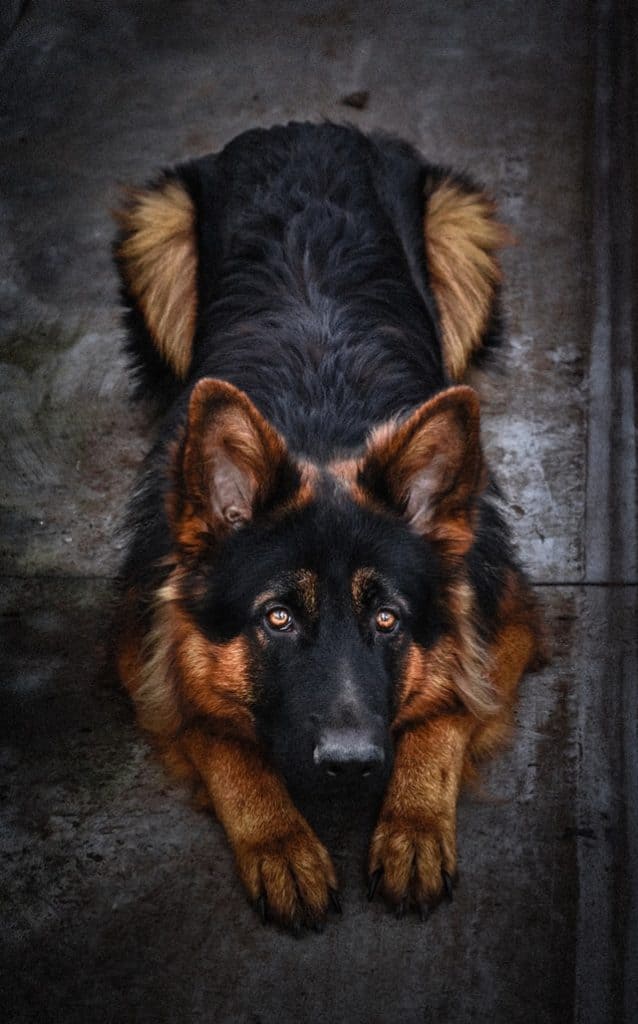
German Shepherds
According to Natural Dog Health Remedies, German Shepherds also come with some health concerns. Some blame the indiscriminate breeding practices for the plethora of medical problems these dogs face.
It’s common to see dysplasia, digestive problems, nervous disorders, epilepsy, eczema, allergies to flea bites, and keratitis.
Like most more substantial breeds, gastric dilatation is a prominent concern. The stomach rotates and blocks the blood circulation to the stomach and intestinal tracks.
The most common symptoms are abdominal discomfort and bloating, though in severe cases, the dog may be unable to move due to the pain.
Gastric dilatation is life-threatening and requires immediate medical attention. German Shepherds are also prone to an underdeveloped pancreas, which puts them at a higher risk of developing diabetes.
Additionally, the bleeding disorders known as von Willebrand’s disease and hemophilia A are other significant health concerns.
With both breeds, you may encounter issues like benign and malignant tumors, seasonal allergies, tremors, sluggish thyroids, and the mange.
What Are The Grooming Needs Of Bulldogs and German Shepherds?
Bulldogs
Due to the skin irritations that bulldogs get, it’s essential to keep them clean. This breed can be bathed weekly without issue.
According to BulldogGuide, The bulldog family excretes an oil from their skin that many find offensive. However, with regular bathing and grooming, it can be controlled.
Stay away from perfumes and other concoctions to mask their natural oils as it can enhance skin issues.
Since their coat is short, it doesn’t require regular grooming, though it does shed a great deal. Frequent brushing can help to prevent balls of hair on the furniture.
German Shepherd
According to TheHappyPuppySite, German Shepherd is one of the easiest dogs to maintain as their coats are self-cleaning. You can get by with bathing them once every four or five months.
Bathing these pups too much will strip their natural oils, and it can damage their hair and skin.
They get a new coat in the spring and fall and shed parts of the old one, which is when you will really need to practice proper grooming.
Both breeds have shedding concerns, but shedding can be managed with proper tools and frequent brushing.
Also, it’s essential to keep their toenails clipped to prevent walking complications that can cause lead to arthritis.
How Much Do These Dogs Cost?
Bulldog
If you’re on a budget, then cost is a determining factor. It’s always best to consider rescue groups and a reputable breeder than pet stores and puppy mills.
According to TheHappyPuppySite, Costs vary greatly depending on where you live, but the average cost of a bulldog puppy is anywhere from $2,000 – $4,000.
Remember, with this breed being prone to health problems, the cost of ownership is much greater.
Bulldogs are an expensive breed to raise, and many require cesarean sections to give birth. If a breeder is charging below $1,500 for this dog, then buyer beware.
You want to see the parents on-premises if possible and have a lineage to help thwart health issues. Also, new DNA testing can help to predict future health concerns.
German Shepherd
According to GermanShepherd101, German Shepherds are a bit more economical. The average cost from a breeder is between $500-$900.
Some breeders will charge more if the dog is bred for show or work. If a dog has been trained for a specific job and is certified, then they can fetch upwards of $7k.
Veterinarian care is not usually as costly with these dogs as it’s with bulldogs, but there are many variables to consider.
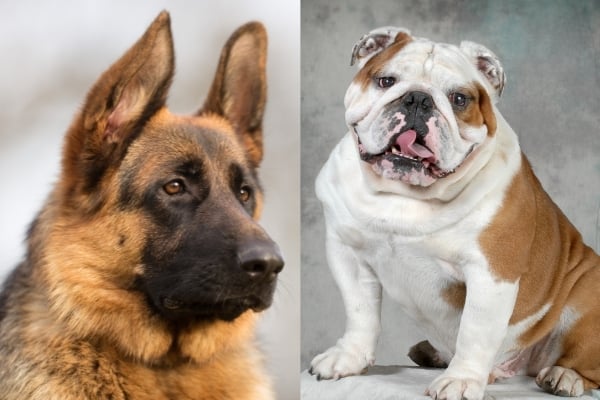
Which Breed Is Best For My Family?
Picking the right breed for your family is not an easy decision. You can’t go wrong with the lovable German Shepherd.
Their temperament, loyalty, low risk of health problems, and cost makes them a real winner. The fact that they can be used in so many facets to help people makes them canine royalty.
German Shepherds can be aggressive, and there are some stories of them attacking family members. Keep in mind that any dog that is provoked an attack.
One of the most aggressive breeds around is the Chihuahua, but due to their small stature, they don’t get near the publicity that a large dog does when they bite.
When it comes to picking a dog with children, the German Shepherd wins. They are known for loving and playing with kids of all ages.
Whereas, the bulldog is a bit rougher and has a robust stature that may be too much for little ones. The bulldog demands attention, so having small children may be hard to balance both of their needs.
The bulldog has undoubtedly become a favorite of people around the globe. These pups can also be aggressive, and their large jowls and mouth can seem intimidating to some.
Their muscular stature makes a unique looking dog, but their build also causes troublesome issues.
According to CastleWoodBulldogs, Bulldogs are known for many health problems due to improper breeding throughout history.
It’s certainly not the same animal that came on the scene in 1886. However, they are highly coveted and make great indoor dogs for those who want a pooch with a fierce bark and smaller stature.
Which pup is right for you? You must consider whether you want to keep a dog inside or out, the climate you live in, and if you have the time, it takes to devote to both breeds.
Neither the German Shepherd or the bulldog is known for being able to entertain themselves, and they like to have constant stimulation.
When it comes down to it, you can’t go wrong with either breed. They both have advantages and disadvantages that should be weighed, but either one can make an excellent addition to your family.


























